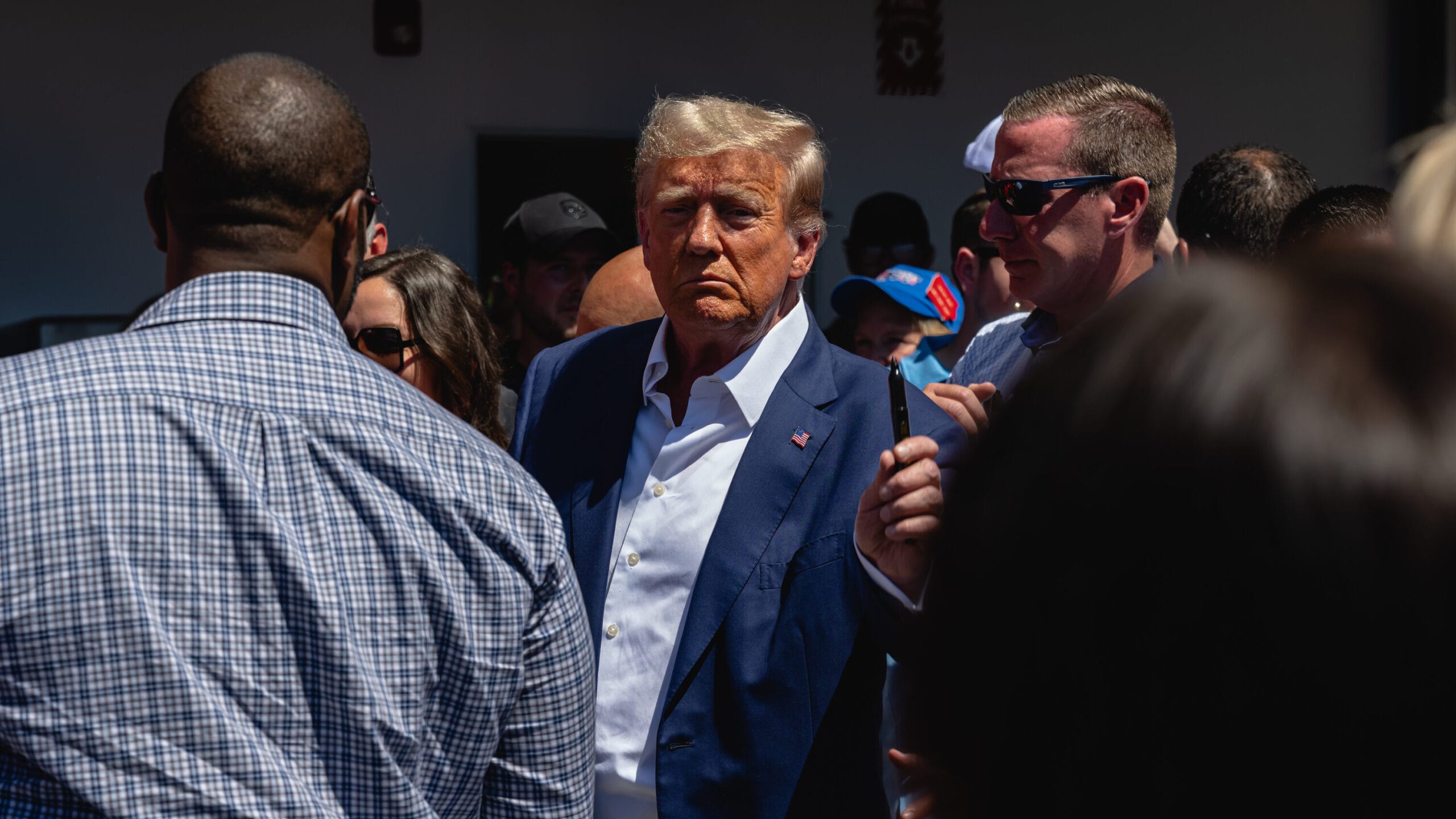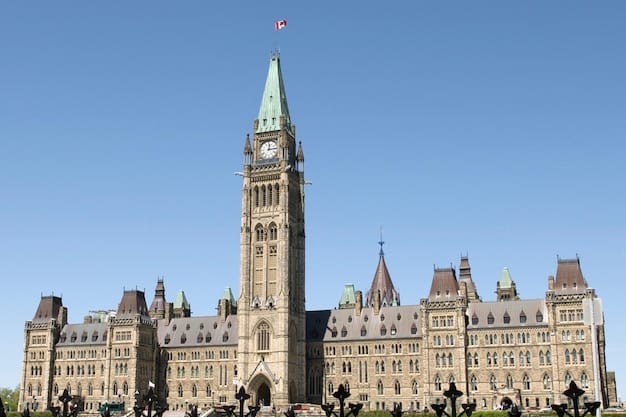In a crucial legal development, a Georgia court has rejected a motion presented by a lawyer for the Trump campaign, which sought to invalidate the guilty plea of a former aide implicated in the controversial 2020 election activities. The ruling, delivered in the Fulton County Superior Court, underscores the ongoing complexities surrounding the legal ramifications of claims made during and after the presidential election.
The case centers on the actions of individuals involved in the Trump campaign, particularly concerning allegations of election interference and attempts to overturn the election results in Georgia. During the proceedings, the defense argued that the guilty plea had been obtained under coercion, claiming that the pressure exerted by prosecutors had compromised the integrity of the plea deal.
However, the presiding judge determined that the legal principles governing guilty pleas were adequately met and that there was no substantial evidence to suggest that the plea was invalid. This ruling is a significant step in the legal landscape of election-related cases stemming from the 2020 presidential race, highlighting the challenges faced by former President Donald Trump and his associates.
The judge’s decision to reject the motion comes at a time when various appeals and legal maneuvers by Trump and his allies are being scrutinized both in court and the court of public opinion. Legal experts have pointed out that this case reflects broader themes of accountability, election integrity, and the rule of law, aspects that have come under intense debate following the election and the events leading up to the January 6 Capitol riot.
In Georgia, the ramifications of the court’s ruling extend beyond the immediate case. The state’s legal landscape has been impacted significantly by the conduct of election officials, political figures, and legal representatives during and after the 2020 election. Investigations and subsequent prosecutions have raised questions about voter fraud, coercive campaign tactics, and violations of election laws.
The guilty plea that was the subject of the recent ruling involved former Trump campaign aides who admitted to their involvement in attempts to disrupt the election process. The case highlights the significance of individual accountability for actions taken during what is termed a pivotal moment in American democracy.
The broader context of the ruling comes amidst a flurry of legal activities surrounding Trump, who is simultaneously facing a series of inquiries and lawsuits. These legal challenges are crucial for establishing a precedent concerning the conduct of politically affiliated groups and individuals in the context of elections. As the former president maintains his innocence and continues to assert claims of election fraud, the legal ramifications of these cases will likely have long-lasting consequences.
Furthermore, this ruling and others in the same vein are setting the stage for how subsequent litigation will unfold. Legal analysts suggest that this particular decision could influence other cases across the nation, particularly in states that experienced similar disputes during the 2020 election cycle. The implications of the judge’s ruling in Georgia may extend to cases where individuals or groups attempt to refute their legal responsibilities on similar grounds.
As public discourse around election integrity remains heated, the judge’s dismissal of the challenge reflects a commitment to maintaining legal processes that uphold individual accountability, regardless of political affiliation or motivations. This determination to follow the facts of the case rather than political narratives is essential for restoring trust in the electoral process.
In the coming months, the continuation of legal battles, including appeals and further trials, is anticipated. Observers will be closely monitoring how the judicial system navigates these tumultuous waters, especially regarding how precedent is set concerning election-related disputes and individuals’ rights during legal proceedings.
The ruling also raises questions about the role of legal counsel in high-stakes political cases. With the implications of the case reaching deep into the fabric of American political life, the strategies employed by legal teams representing both sides could become increasingly scrutinized. Legal representatives may be pressed to refine their arguments and adapt to the evolving landscape of political litigation.
Moreover, the outcome of this case may send ripples through the legal strategies employed in current and future political campaigns. The potential ramifications for campaign professionals as they navigate legal challenges while serving their candidates will be a subject of ongoing examination as election cycles continue.
As the saga unfolds, the backdrop of heightened political tensions and divided public opinion will likely frame the upcoming hearings and rulings. Notably, the public’s perception of justice, fairness, and political accountability will be closely tied to the outcomes of these ongoing legal processes.
As states continue to grapple with the implications of the 2020 elections, the court’s decision serves as a pertinent reminder that the judicial system bears significant responsibility for interpreting and enforcing laws that govern electoral conduct. Upholding these laws is essential for ensuring the integrity of the democratic process and fostering public confidence in electoral systems.
With each plea, challenge, and ruling, the legal ramifications of the 2020 election continue to play out, establishing a complex narrative of accountability and the pursuit of justice amid a politically charged atmosphere.
The coming months are expected to bring additional developments as the various legal fronts intensify and as Trump and his allies navigate their defense strategies while aiming to mitigate potential repercussions. As this chapter unfolds, the scrutiny of the judicial process, its transparency, and fairness will remain at the forefront of national discourse.



